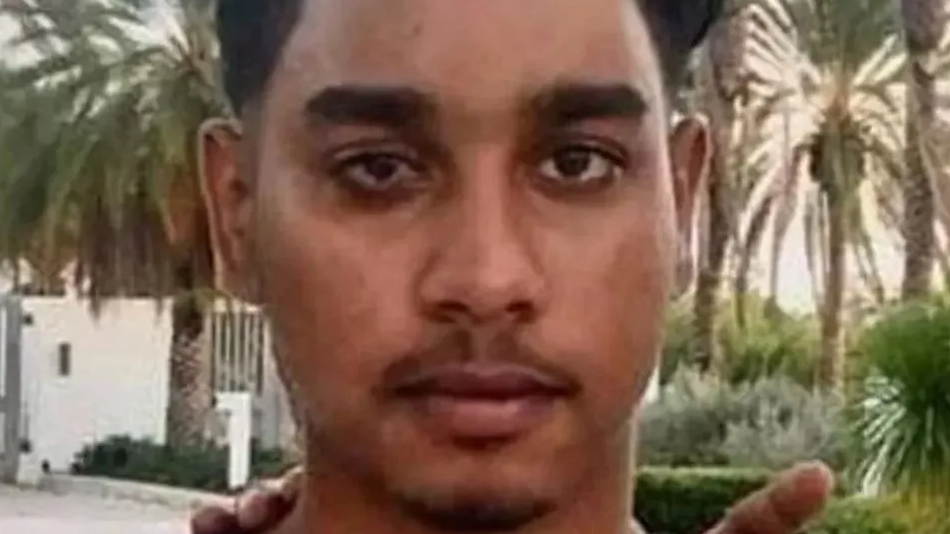Lured into knife crime - 'I was promised power and money'
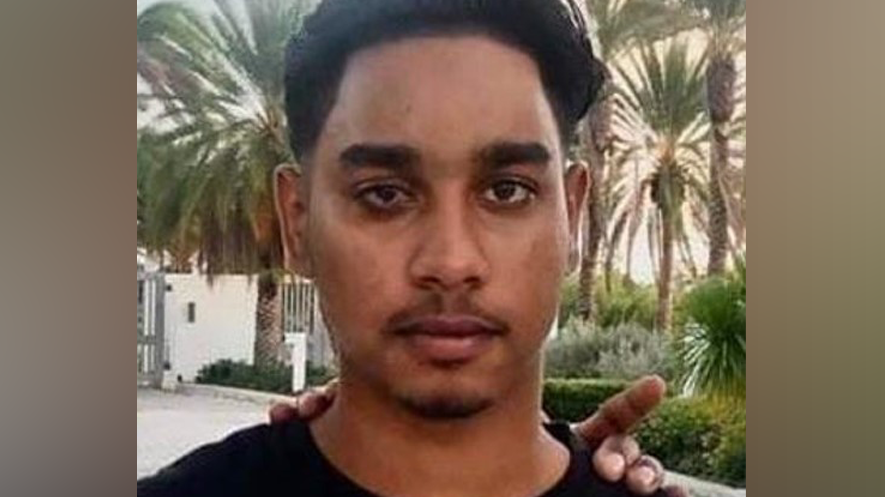
Shawn Seesahai was stabbed with a machete by two boys
- Published
Wolverhampton made global headlines recently due to the senseless murder of Shawn Seesahai at the hands of two 12-year-old boys. The BBC looks at a project that is helping to draw young people in the city away from a life of crime.
Alone in Wolverhampton after arriving with his mother from Eastern Europe seven years ago, Harry was easy prey for the city's gangs.
Within weeks, he was mixing with the groups reigning terror in several neighbourhoods in an ongoing postcode war.
"I was promised power, money and all my friends were doing it so I was just following the crowd," he explains, adding he came close to being kicked out of college for his behaviour.
He won't tell us if he carried a knife. We've changed his name to protect him from the reprisals he fears for speaking out.
In the West Midlands, the knife crime capital of the UK, Harry is now one of 450 young people at risk of gang violence offered a way out.
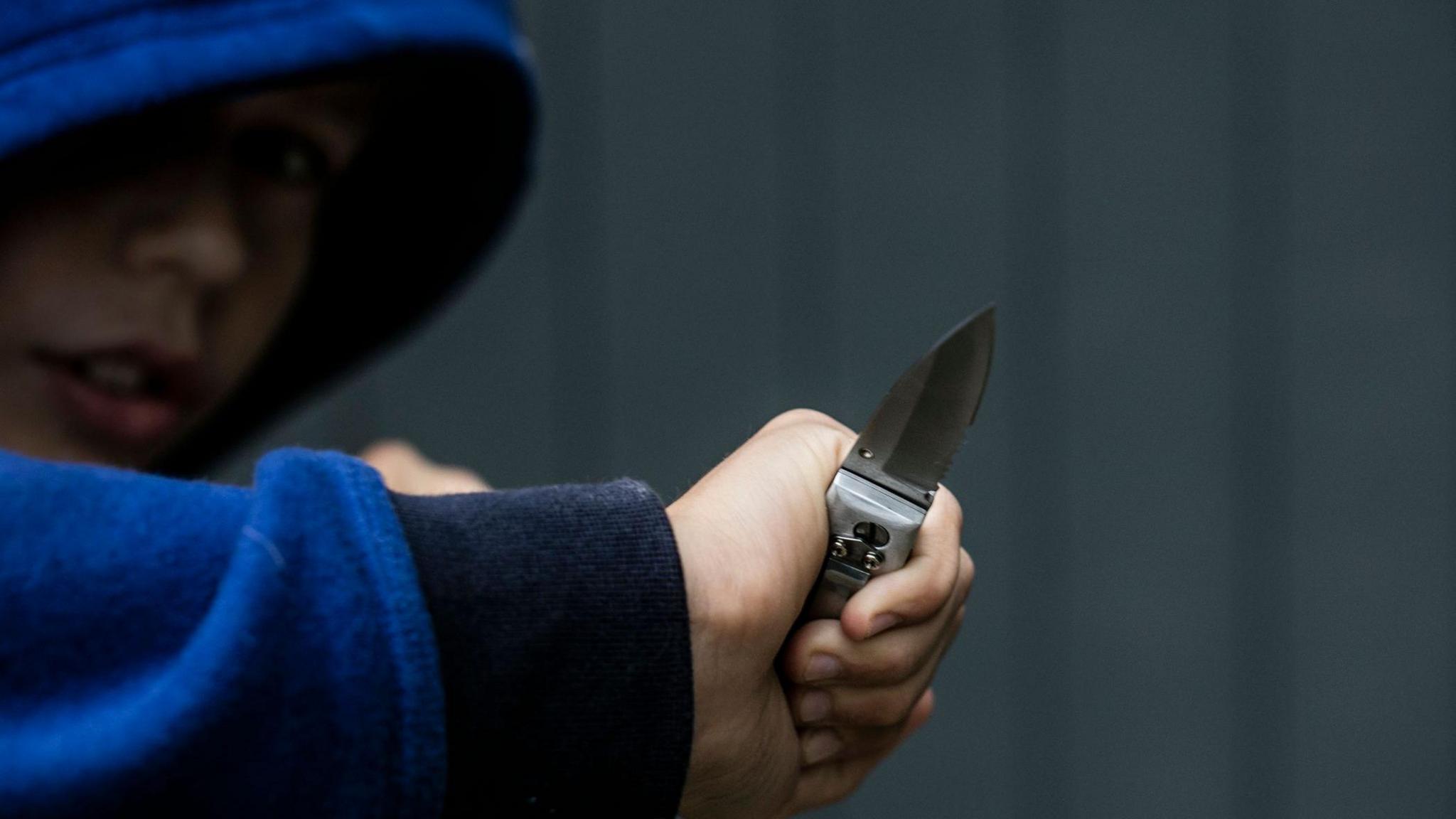
The Community Initiative to Reduce Violence started partly in response to an escalation of stabbings involving teenagers
Figures published in April revealed West Midlands Police's patch had the highest knife crime rate in England and Wales.
In particular, the region has seen a worrying escalation in attacks involving teenagers.
In a high profile case that shocked the nation, two 12-year-old boys were convicted of the murder of Shawn Seesahai with a machete in a park.
The pair are believed to be the youngest found guilty of murder since James Bulger's killers in 1993.
Two years ago, 16-year-old Ronan Kanda was also stabbed to death by two 17-year-olds in a case of mistaken identity.
As the general election looms, many people have been getting in touch with the BBC to say tackling knife crime should be among the highest priorities of politicians.
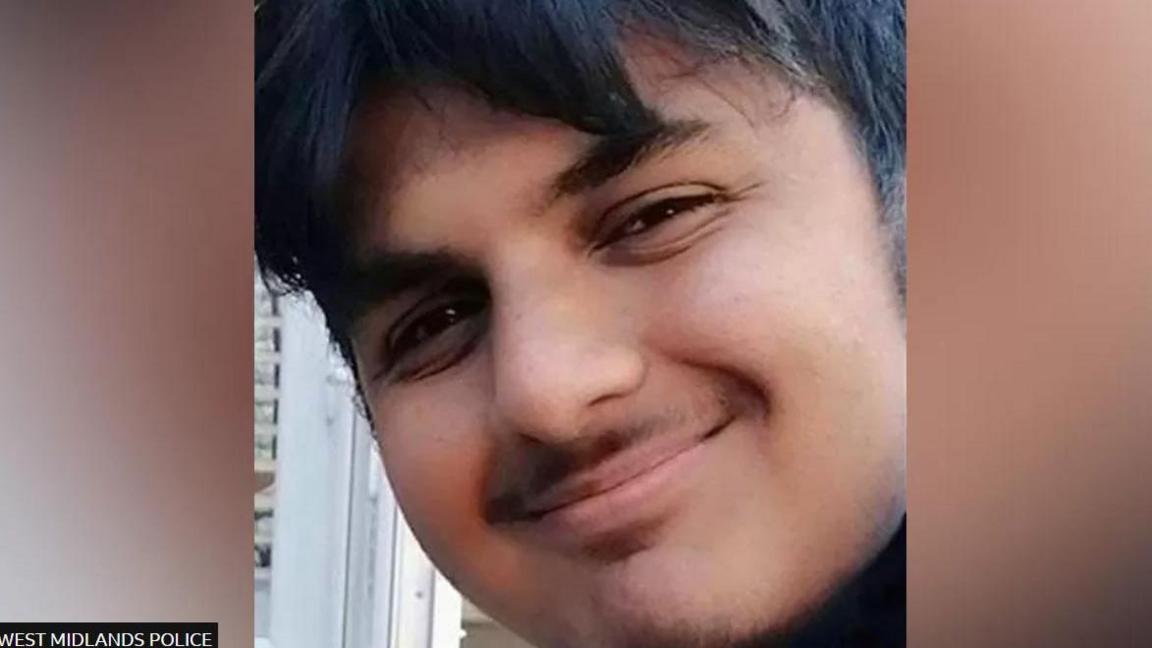
Ronan Kanda's family continue to campaign against the ease of obtaining knives
Ronan and Shawn were both killed in Wolverhampton, on Harry's home turf.
While not a persistent offender, the company the teenager was keeping put him on the radar of West Midlands Police.
"He was at risk of ending up in prison, or doing something that would affect the rest of his life," explains police officer Paul Damms.
Police decided to intervene, and referred him to the Community Initiative to Reduce Violence (CIRV), launched partly in response to the escalation in teen stabbings.
The £2.3m project offers one-to-one support to those as young as 14 in Wolverhampton and Coventry at risk of joining a postcode gang.
As a "navigator", Paul has been mentoring 10 young people, working with Harry for the past six months.
The BBC has been given exclusive access to his work.
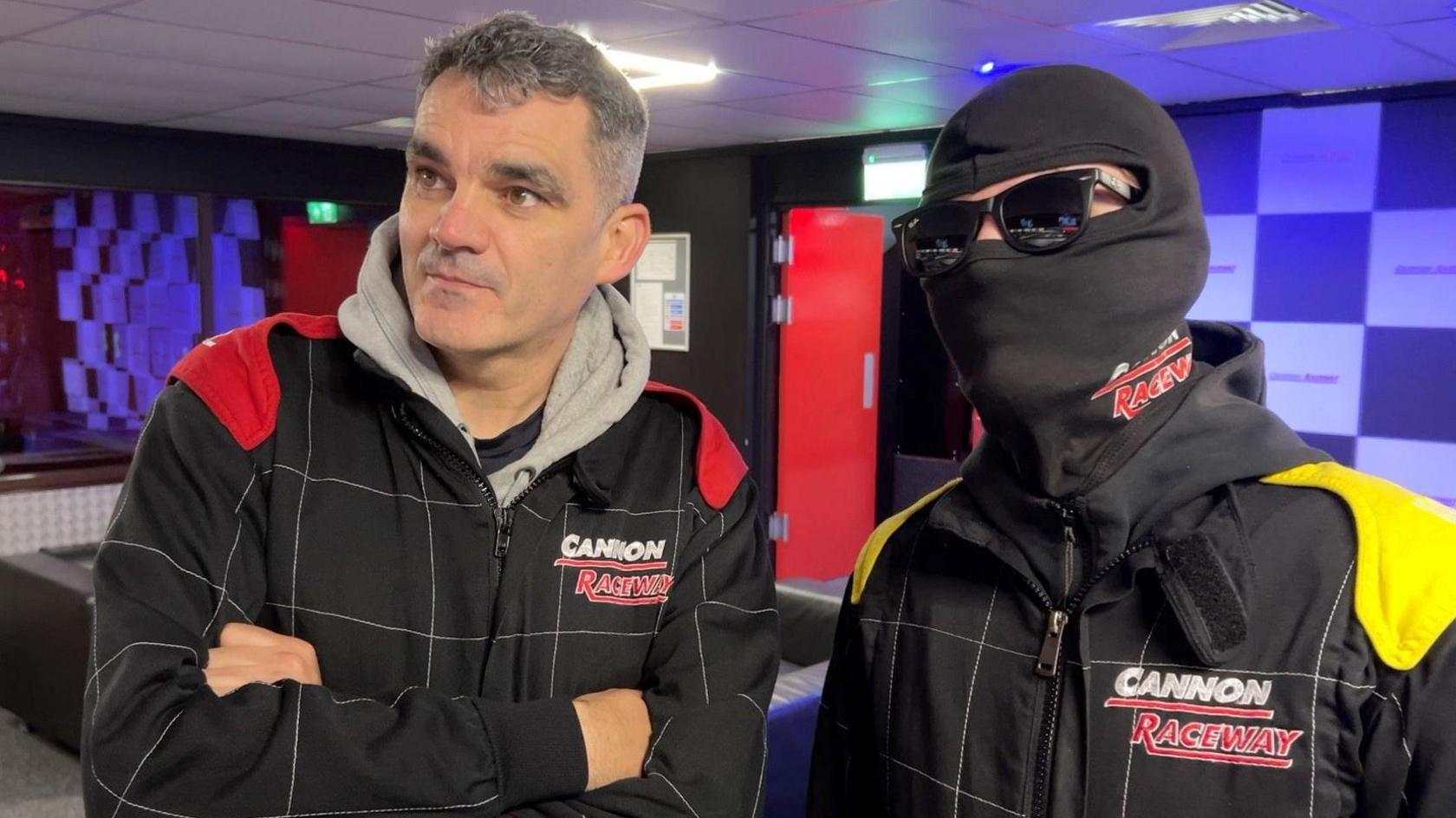
Police officer Paul Damms and his mentee "Harry" meet up regularly, including at a karting track in the Black Country
We caught up with Paul and Harry on a day out at a karting track in the Black Country, an example of a regular day out for the pair.
"We pick them up early and direct them down a better path," the CIRV navigator says.
"Previously, programmes like this have tended to be a 'one size fits all'. With CIRV, we are different. We structure everything around the person we are working with."
At first, Harry was reluctant to accept support, particularly from the police.
Unsurprisingly, some of his peers distanced themselves when they heard he'd been approached for some help.
"They were like, 'you can't be with us because we don't know what you'll say to them'," Harry says.
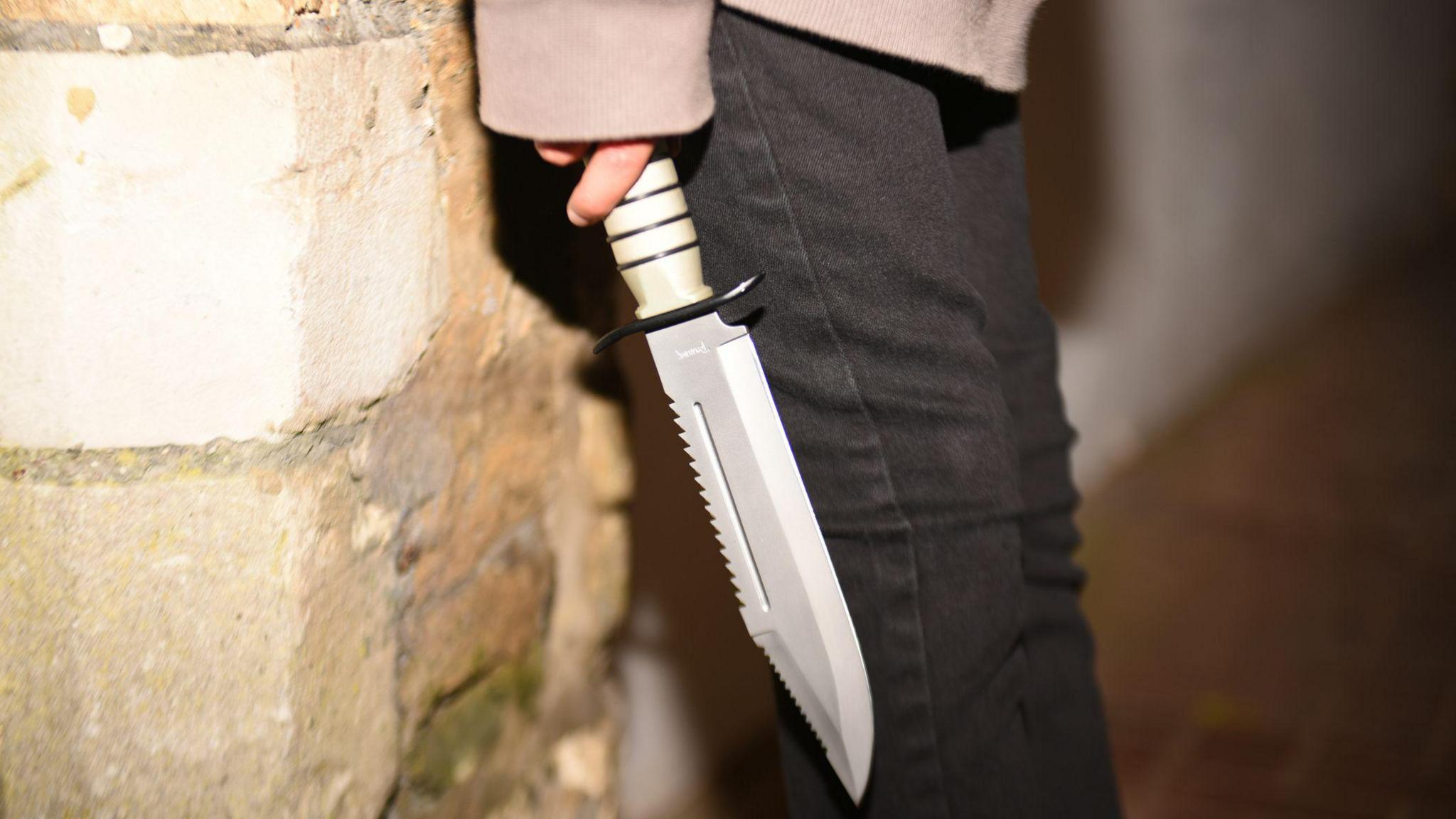
The West Midlands Police force area has the highest knife crime rate in England and Wales
Paul says: "Given a little bit of perseverance, Harry warmed to the idea [of support] and explained that he wasn't happy at college so I talked to him and looked to rectify his issues where I could."
"Now, my mental wellbeing has changed because whereas I was negative around negative people, now I'm feeling positive," Harry says.
Harry's mother has also been offered support from a team of professionals advising on housing issues, healthcare, education and managing debt.
In another local intervention, youth workers have been placed in A&E units to try and communicate the risks to young people injured or involved in street violence.
The West Midlands Violence Reduction Partnership says a further 269 "at risk" individuals are being monitored for the CIRV programme, but they are not yet eligible or haven't accepted the offer of support.
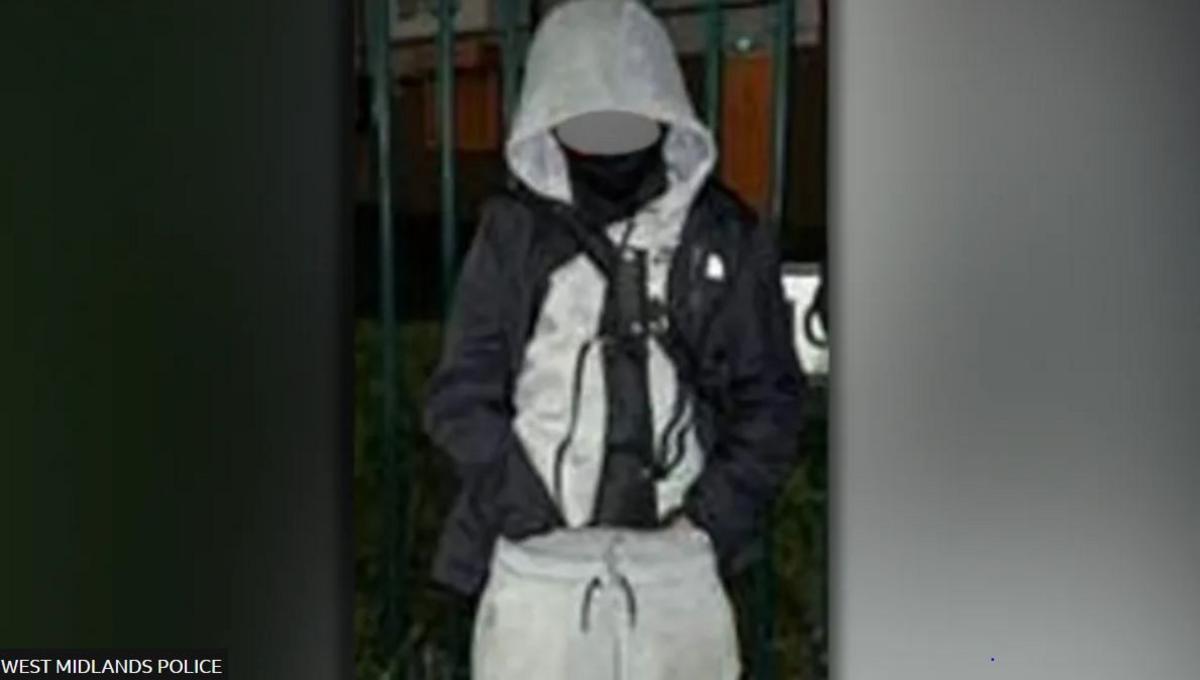
One of the boys that killed Shawn was pictured with a machete in his trousers
Simon Foster, West Midlands Police and Crime Commissioner, described tackling violence as a "top priority" and said he was committed to delivering projects like CIRV, which is funded by the Home Office and the Youth Endowment Fund.
"It offers a choice between engagement and support, to build a life away from gang related violence, or face robust disruption and enforcement," he said.
"CIRV is part of the constant and unremitting action that is being taken in the West Midlands, to prevent and tackle violence, protect people and save lives."
'Money is everything'
Paul is aware of the potential stigma of police involvement so prefers to be known as a "navigator" on this pilot project, rather than a police officer.
"As navigators, we are all committed and creative about the way we deal with these young people and we devote a lot of ourselves to the role to get the best out of them," he says.
"It's a problem because if you're in an area where all your friends are within a gang, you'll naturally gravitate towards it."
Harry says, despite police efforts, some young people will continue to fall into the trap of being in a gang.
"Some have come here from other countries where they are raised to be the most powerful and to be a bully," he says.
"The second reason is money. Money is everything, it controls the world and it's so they can provide for themselves."
What are the parties promising?
The Conservatives would strengthen sentences for knife crime and make life imprisonment without parole mandatory for the most serious murders. The party says it will invest in rehabilitation, recruit a further 8,000 neighbourhood officers and give them powers to seize knives.
Labour has pledged to "take back the streets" by halving serious violent crime. The party would tackle and prevent serious violence, including by holding companies and executives profiting from knife crime to account. It also plans to provide thousands of extra neighbourhood police officers equipped with additional powers.
The Liberal Democrats plan to take a public health approach to youth violence, identifying and treating risk factors. Police would work with teachers, social services and health worker to prevent youngsters falling prey to gangs. It would invest more in youth services and create a plan to tackle a shortage of detectives.
The Green Party promised to restore trust and confidence in police and invest £2.5bn in the courts.
Reform UK would provide 40,000 new front-line police officers over five years, increase Stop and Search and introduce prison sentences for knife possession. It also backs "high intensity" training camps for the education of young offenders.

Follow BBC Wolverhampton & Black Country on Facebook, external, X, external and Instagram, external. Send your story ideas to: newsonline.westmidlands@bbc.co.uk, external
Related topics
- Published25 April 2024
- Published10 June 2024
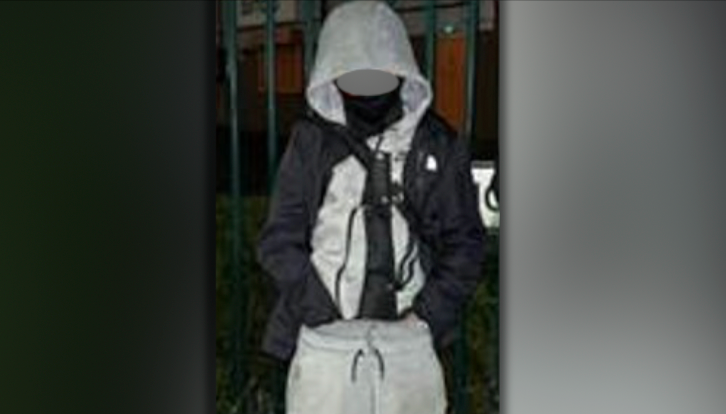
- Published13 July 2023
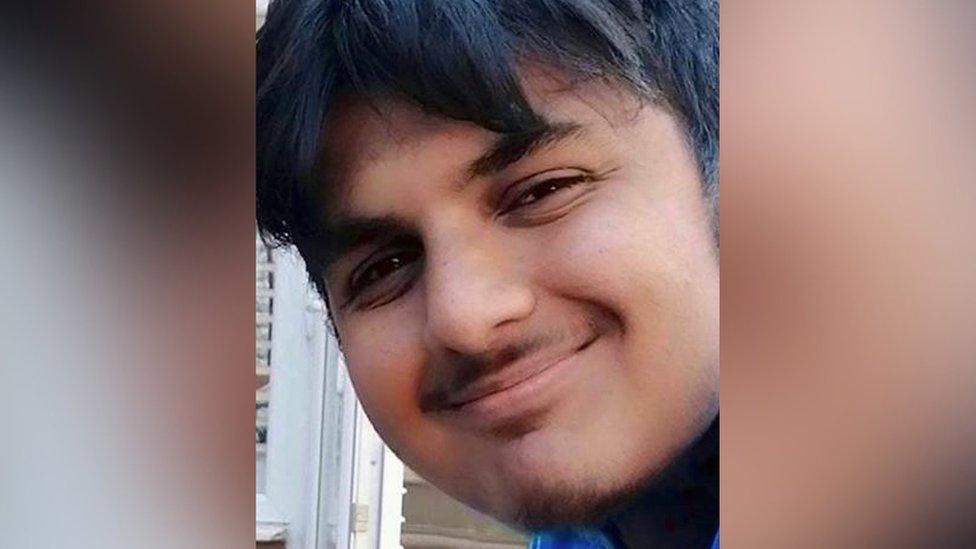
- Published12 June 2024
